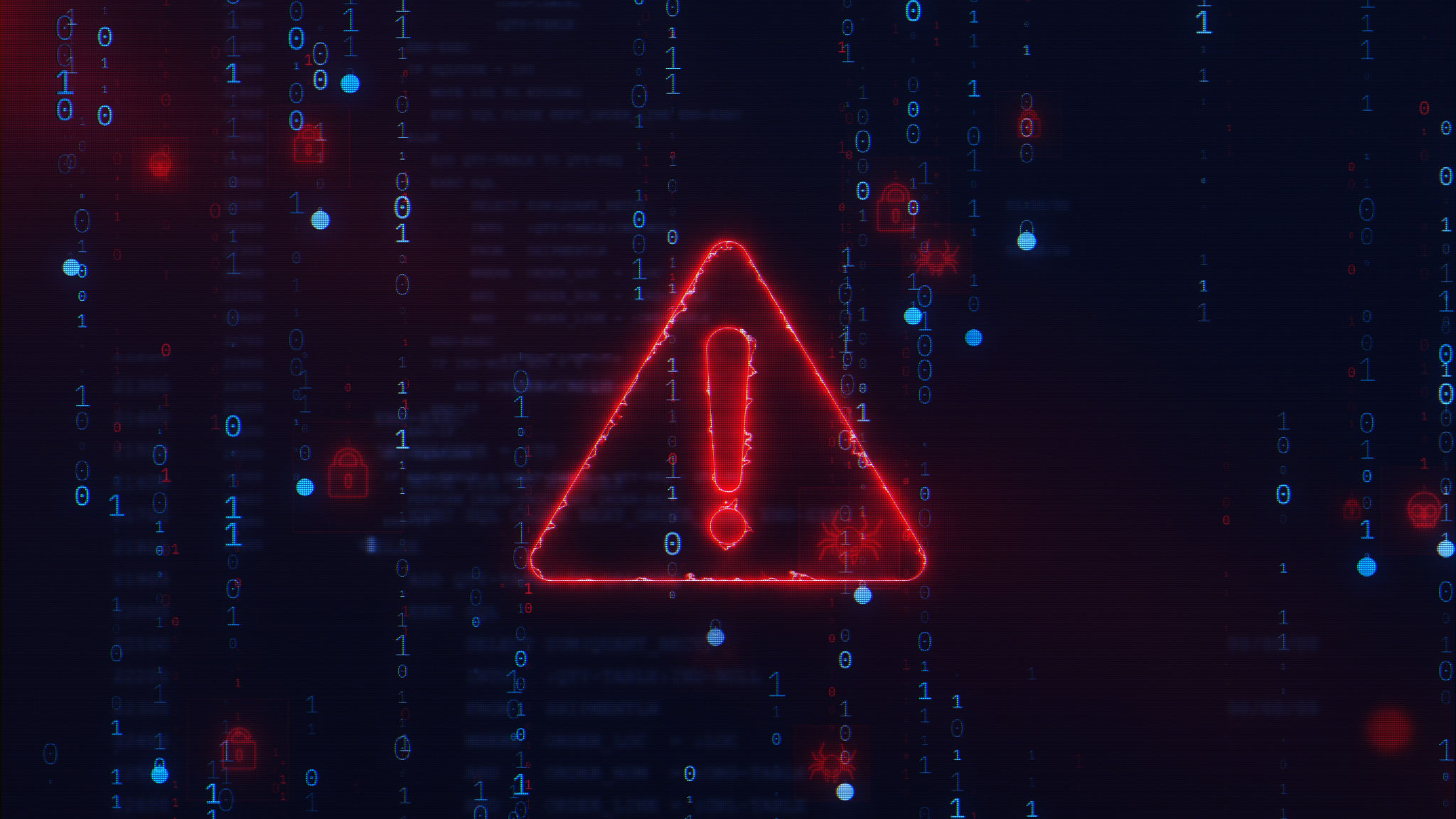Expert Cybersecurity Insights: Common Mistakes Businesses Make
Understanding Cybersecurity Missteps
In today's digital landscape, cybersecurity is more critical than ever. Businesses of all sizes face potential threats that can result in severe financial and reputational damage. Despite the importance of robust cybersecurity practices, many businesses continue to make common mistakes that leave them vulnerable to attacks.

Neglecting Regular Security Audits
One prevalent mistake is neglecting regular security audits. Many businesses implement a set of cybersecurity measures and assume they are protected indefinitely. However, cyber threats are constantly evolving, and without regular audits, these defenses can quickly become outdated. Regular security audits help identify vulnerabilities and ensure that security measures remain effective in countering new threats.
Businesses should schedule periodic reviews, ideally every quarter, to reassess their security infrastructure. This proactive approach helps in adapting to the ever-changing cybersecurity landscape, ensuring continued protection against potential threats.
Inadequate Employee Training
Another significant oversight is inadequate employee training. Employees are often the first line of defense against cyber threats, yet many businesses do not provide sufficient training on cybersecurity best practices. Common pitfalls such as falling for phishing scams or using weak passwords can often be attributed to a lack of awareness and training.

Organizations should invest in comprehensive training programs that educate employees about the latest threats and how to avoid them. Regular workshops and updates can significantly enhance an organization's overall security posture.
Overlooking Data Backup and Recovery
Data backup and recovery are critical components of a robust cybersecurity strategy, yet they are often overlooked. Data loss can occur due to cyberattacks, hardware failures, or natural disasters, and businesses must be prepared to restore data quickly to minimize disruption.
An effective data backup strategy involves regularly backing up data and storing it in secure, offsite locations. Businesses should also test their recovery processes periodically to ensure they can recover data swiftly in the event of a loss.

Failing to Update Software Regularly
Software updates are crucial for maintaining security, yet many businesses fail to keep their systems up to date. Software vendors frequently release updates that patch vulnerabilities and enhance security features. By neglecting these updates, businesses leave themselves open to exploitation by cybercriminals.
To mitigate this risk, companies should implement automated update systems where possible and ensure that all devices and applications are consistently updated with the latest patches and security enhancements.
Underestimating Insider Threats
Lastly, underestimating insider threats can have serious consequences for any organization. Insider threats can come from disgruntled employees, careless staff, or even third-party vendors with access to sensitive information. These threats can be just as damaging as external attacks if not managed properly.
Businesses should establish clear policies regarding data access and monitor user activities for any unusual behavior. Implementing strict access controls can help mitigate the risk posed by insiders who may misuse their privileges.

By addressing these common mistakes, businesses can greatly improve their cybersecurity defenses. Staying vigilant and proactive is key to safeguarding sensitive information and maintaining a strong defense against the ever-present threat of cyberattacks.